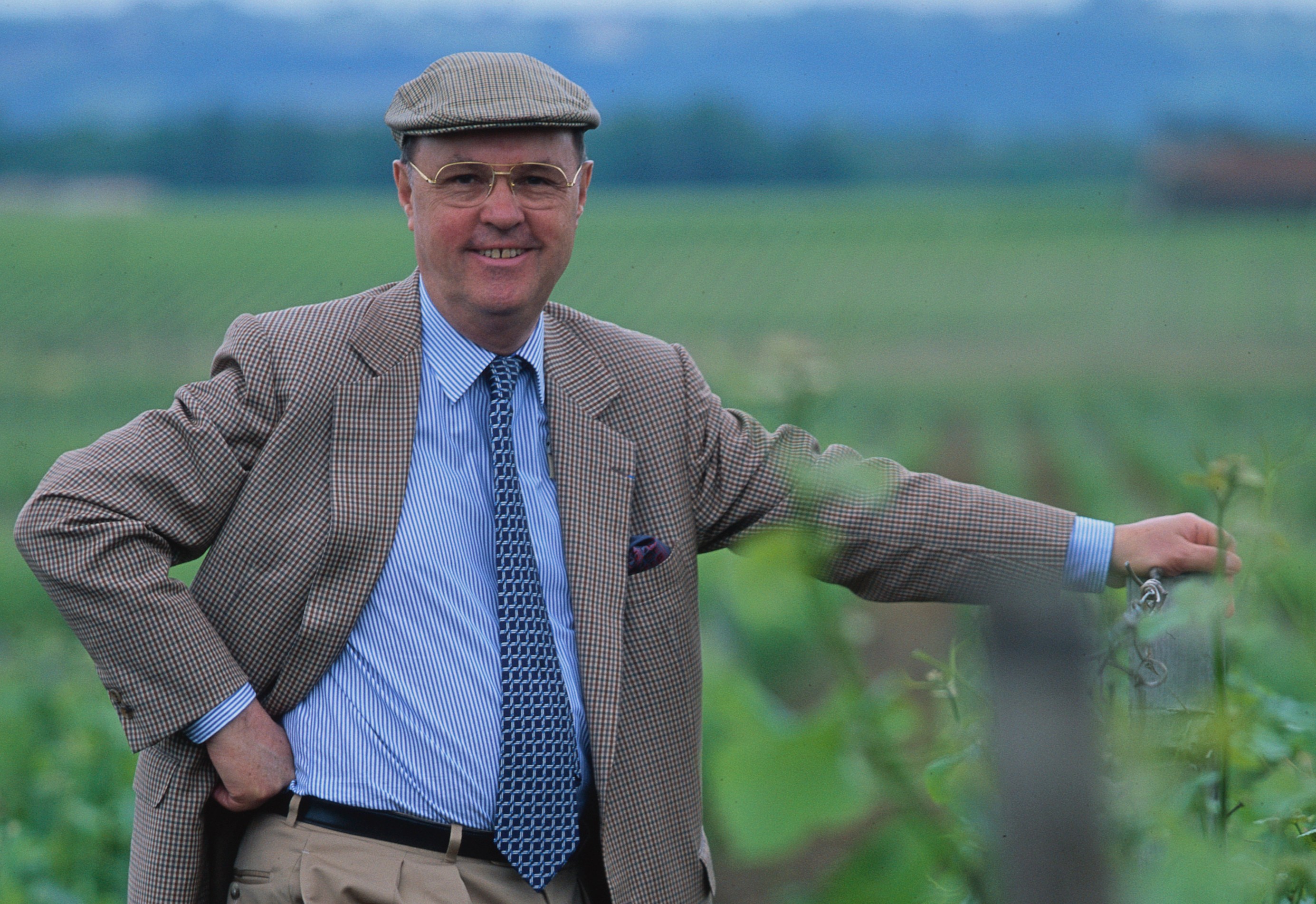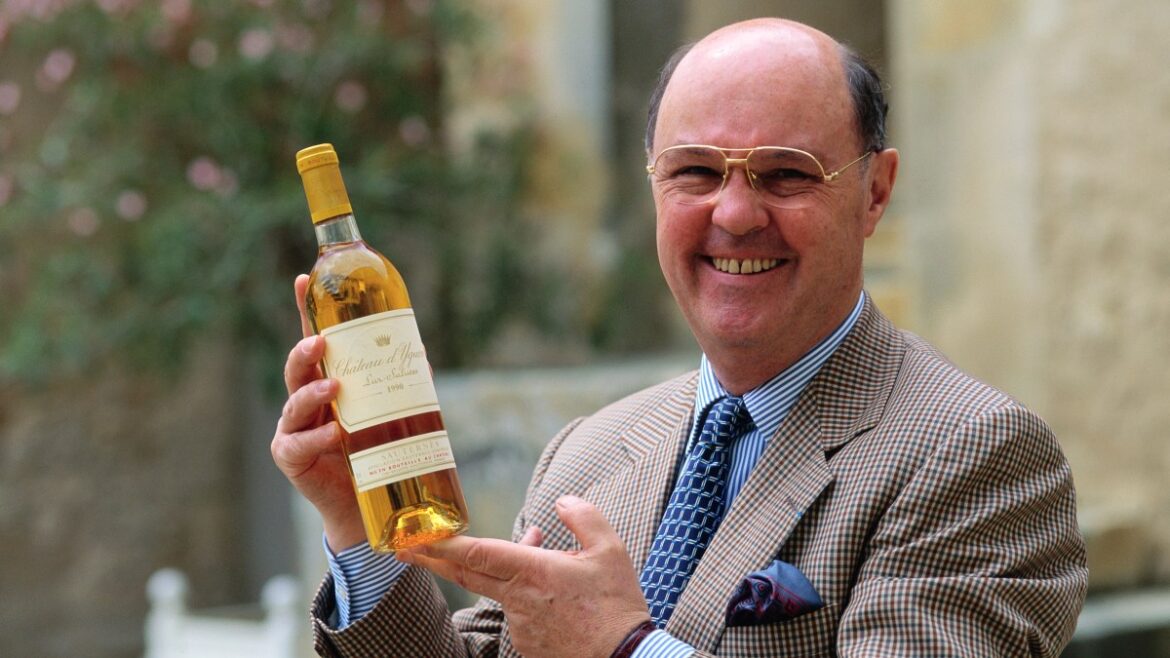The Marquis de Lur Saluces was such a stickler for quality that if a vintage produced at his Château d’Yquem in Bordeaux failed to meet his exacting standards, he would refuse to sell any bottles at all that year.
Now some 2,500 of the carefully chosen wines that made up his private cellar are to be auctioned in Paris, two years after his death.
As well as Yquem, a celebrated sweet white wine, other legendary wines he collected such as Pétrus, Lafite Rothschild and Romanée-Conti, will go under the hammer at the Drouot auction house on November 13.
The most coveted are likely to be three half-bottles of Yquem produced in 1937, rated as one of the greatest 20th century vintages, offered at a starting price of €1,500 but expected to fetch much more.

Part of Lur Saluces’ private collection
DAGUERRE LUC PARIS
“The collection of Alexandre de Lur Saluces brings together rare vintages of Château d’Yquem, some of which are now virtually impossible to find — including the three half-bottles of 1937,” said Ambroise de Montigny, a wine expert involved in the sale.
The distinctive sweetness of Yquem and other Sauternes wines from Bordeaux derives from what is termed pourriture noble, or noble rot, a fungus that leads to ripe grapes turning into raisins and having a higher proportion of sugar.
Noble rot occurs more frequently in Sauternes than other regions because of its climate, but production is an expensive and time-consuming business, with quality varying wildly from one year to another.

The marquis in the vineyards of Château d’Yquem in 2000
GETTY IMAGES
Among Yquem’s early admirers was Thomas Jefferson, the third US president who, when ambassador to France, raved about the wine after his visit to the region in 1787. He later requested 250 bottles of the 1784 vintage and ordered additional bottles for President George Washington, instructing that their initials were embossed upon the glass. Over two centuries later, Jefferson’s wine was tasted and described as being “like a thoroughbred horse peeing on clean straw”, prompting questions about whether it was Yquem after all.
The Marquis de Lur Saluces also collected some of Bordeaux’s most prestigious châteaux including Lafite Rothschild, Latour, Haut-Brion, Cheval Blanc, Angélus, Margaux and Palmer.
Burgundy held a special place for him as he was born there and treasured some of its most distinguished wines: La Tâche, Richebourg and Montrachet. One of his burgundies, a bottle of Romanée-Conti grand cru 1990, will be offered at a starting price of €15,000.
• France reclaims its crown in the wine World Tasting Championship
He also collected prestigious international wines including three bottles from Germany’s renowned Scharzhofberger, which will have a starting price of €2,000. Several Austrian sweet wines and Hungarian Tokajis are also being sold.
The marquis was one of the most colourful figures in the rarefied circle of Bordeaux winemakers. His family had owned Château d’Yquem since before the French Revolution, but he held only 7 per cent of the estate, with 48 per cent controlled by his elder brother and smaller amounts by other family members.

They rebelled against his autocratic management style and complained of a lack of dividends, which led to an embarrassing public feud. In 1996, they agreed to sell a majority stake to Bernard Arnault, the billionaire owner of the LVMH luxury goods conglomerate, despite bitter protests by the marquis.
He ordered a series of legal challenges to the sale, but eventually caved in and invited Arnault to visit him at the château, opening a bottle of 1889 Yquem as a peace offering.
• Why France’s posh wine stores are betting on plonk
He remained as international ambassador for Yquem until he retired at the age of 70 in 2004. After that, LVMH executives continued meetings with him to brief him on developments at the château.
For much of his life he was styled count until his elder brother’s death in 2011, when he became known as the marquis. The title carries no legal rank in France, where aristocratic privileges were abolished during the revolution, but it is nonetheless recognised and enhanced his reputation as an upholder of tradition.


Dining and Cooking